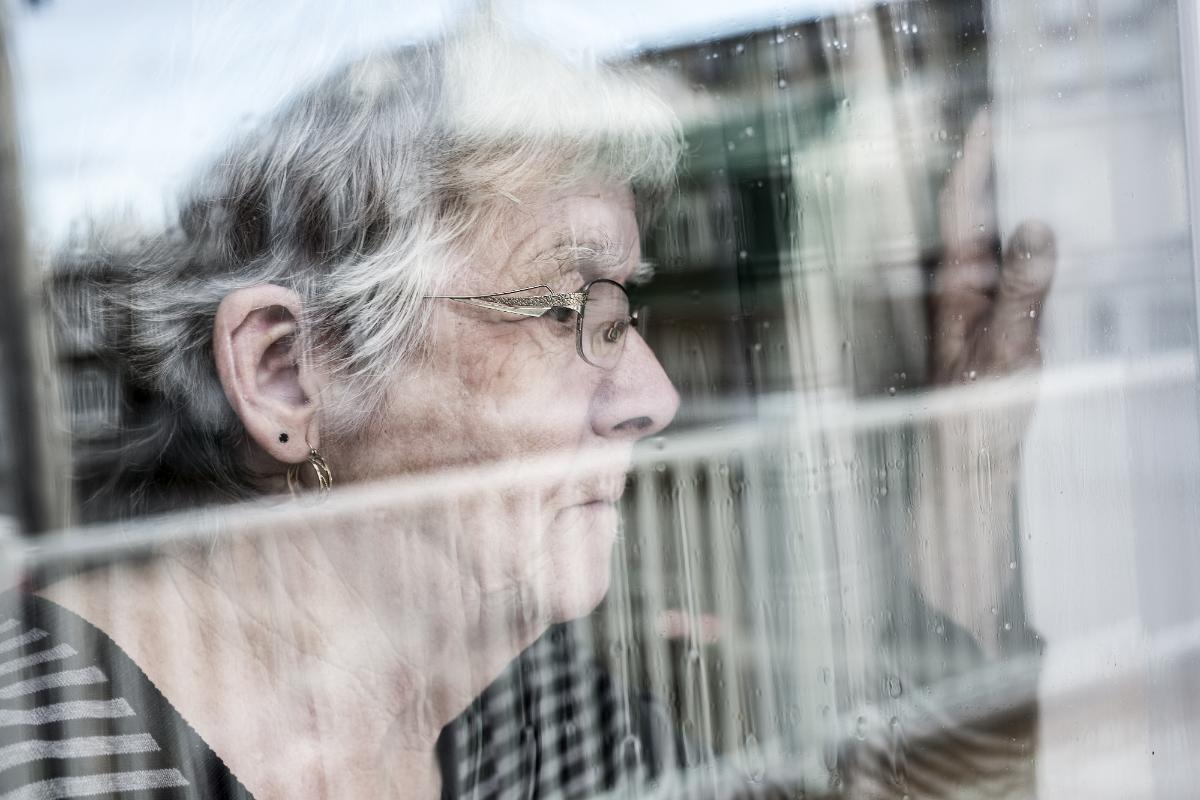We’ve been forewarned that this year’s storm season is going to be much more active than last years. We can hope and cross our fingers that our area won’t get hit, but it’s essential to make emergency plans for every storm season.
However, if you or your loved ones live in a Senior Living Community, it’s likely the guess work has been taken care of already. One of the things individuals, couples, and even loved ones with family members in a community find the most peace of mind in when it comes to senior living is that yardwork and storm preparations are in no way the obligation of a resident during high-activity seasons, as this year is projected to be. Communities are always fully stocked on emergency supplies, water, and food for their residents as well undergoing strict quarterly testing of their immediate and back-up generators.
Due to a senior living community’s dedication to senior needs, their commitment to enriching the lives of each resident and their families by providing personalized care, welcoming living spaces, and superior amenities within three distinct tiers, including Independent Living, Assisted Living, and SHINE® Memory Care living options, there are few places safer to be than a top-tier senior living community when devastating storms strike.
Additionally, it is important to remember that these communities often already have existing partnerships with other facilities like hospitals, rehabilitation centers, and pharmacies. They have prepared both on-site and done their homework off-site to ensure that the safety of each residents is paramount during any emergency situation.
Below are just a few preparations that senior living communities handle and recommendations so that you may be protected too.
- Lists of medication or prepacked bags of extra’s (enough for two weeks)
- List of shelters
- Extra COVID-19 PPE (masks, sanitizer, etc.)
- Extra water (two-week’s worth)
- Evacuation routes
- Organizing hurricane shutters or buying boards
- Trimming back trees and limbs
- Flashlights and batteries
- Tying down outdoor furniture, garbage cans, umbrellas, etc.
- Pet food, beds, medications and a list of shelters that take pets
- List of friends and neighbors phone numbers
- Homeowners Insurance paperwork
- Medical insurance
- Non-perishable foods
- Keep gas in your vehicle for evacuation purposes
- Sandbags







